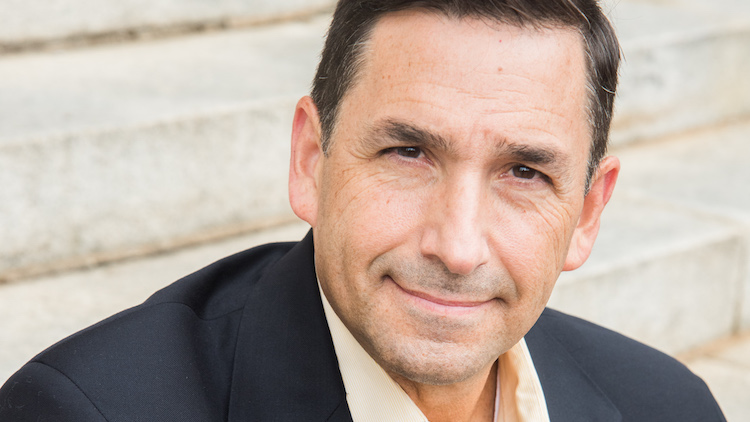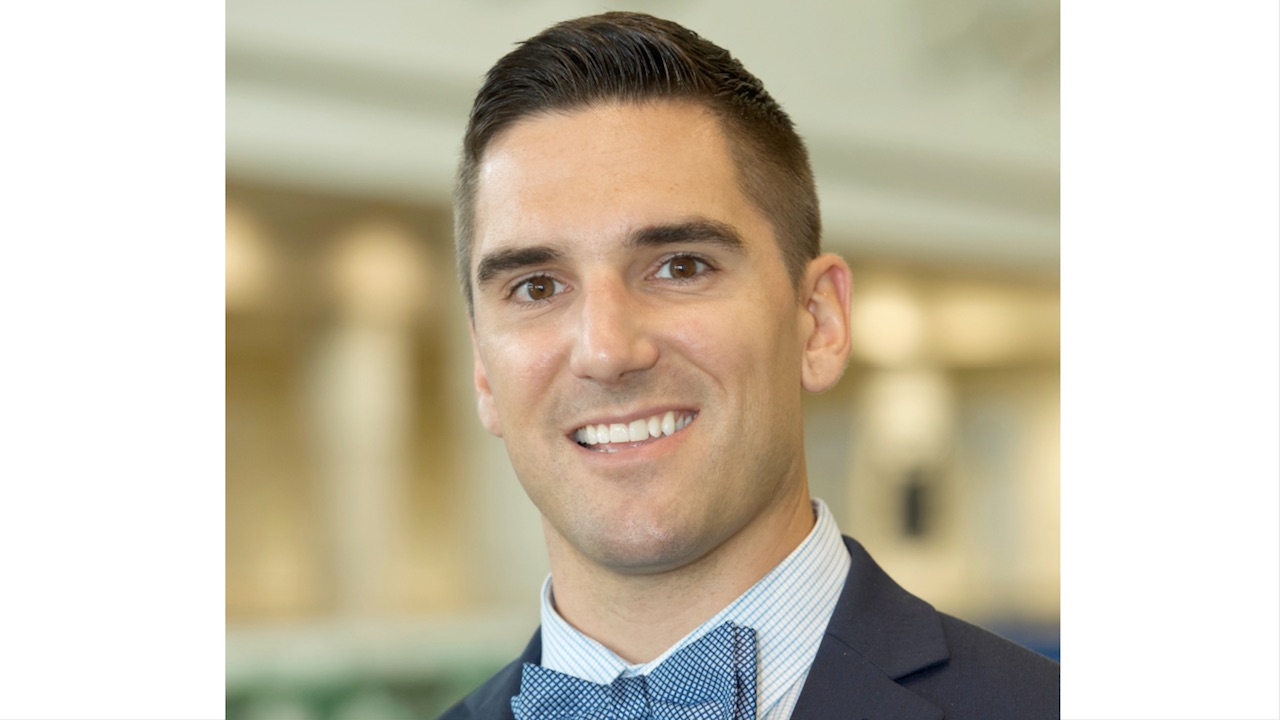When Barry Goldin began exploring the job market as a senior in college, he found a world of possibilities as an engineer: opportunities to work in aerospace, oil and gas, and in submarine construction. “And then I had this one sort of out-of-the-wall thing with a government systems integrator, and decided that job sounded the best,” he said.
Indeed, in his course of study at the University of Rochester, Goldin focused on overall electrical engineering, rather than any specific topic—“almost a precursor to the concept of system integration,” as he put it—so his decision to begin a career in systems integration made sense. A few years later, while working for Titan Corporation, he really knew he was on the right path.
“It was during one of my early projects, around 1990, in the Air Force Operations Center in the Pentagon in Washington, DC, when we were doing the first digital presentation system that involved projectors,” he recalled. Goldin and Titan upgraded the facility from transparency projectors to a computer system connected to early Barco 3CRT projectors. “I saw that transformation and what it did for the workflow in that environment, and it just really excited me about how we could use technology to just improve the efficiency of an organization,” he said.
As it turned out, witnessing big-picture transformations like this was influential in shaping the next direction of his career. Around 1991, while moving to a company that did strictly AV work, he got a pitch. “He said ‘Hey, I’d like to explore an opportunity in sales with you.’ And I said ‘Sales? Those are the jerks that call during dinnertime!’ But he was eventually swayed by the idea of applying his engineering expertise to help clients to make better decisions.
So tried his hand at sales, moving between roles at three companies, before landing at Audio Video Systems, where he spent 13 years culminating in serving as the company’s vice president—and got to work on some very important projects. After September 11, the company handled projects in the Pentagon and worked on upgrading the President’s briefing systems in White House and Camp David, work he later reflected on as some of the proudest of his career.
While at Audio Video Systems, he also started to work on giving back. His participation in an InfoComm (now AVIXA) council led to two terms on the InfoComm board of directors and a half-dozen years on the board of InfoComm’s International Communications Industries Foundation (ICIF)—including two years as its president. “I found that to be very rewarding; we were trying to reach out to people outside the industry, we were awarding scholarships, I was trying to do remote mentoring of people who had applied for scholarships,” he said. During his time, he played an instrumental role in establishing what is now the Michael Vergauwen Scholarship and the grant program, and advocated fervently for the hiring of young people.
Ultimately, though, it was his ambition to run a company, and he was presented with an opportunity at Unified AV Systems. He relocated to Atlanta, GA in 2013 to serve as COO of the company with the goal of eventually taking over as president, which he did in 2014. Besides the leadership opportunity, Goldin said that what really attracted him to the company was its employee stock ownership program. “When you’re in management, there’s all these techniques about how you get employees to think and act like owners instead of just coming in and punching the clock for a job,” he said. “And when I saw this opportunity to work for a company where everyone was an owner, I thought ‘Well that’s perfect.’”
So perfect, in fact, that Goldin plans to continue leading the company until he’s no longer able to be part of its success formula; then you’ll find him on a golf course or a beach somewhere. In the meantime, he’s still active in reaching out to bring new people into his company from outside the industry—giving them the same kind of out-of-the-wall offer that set his career in motion.

